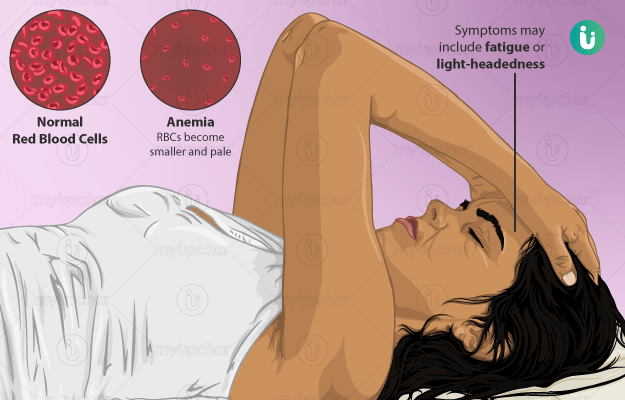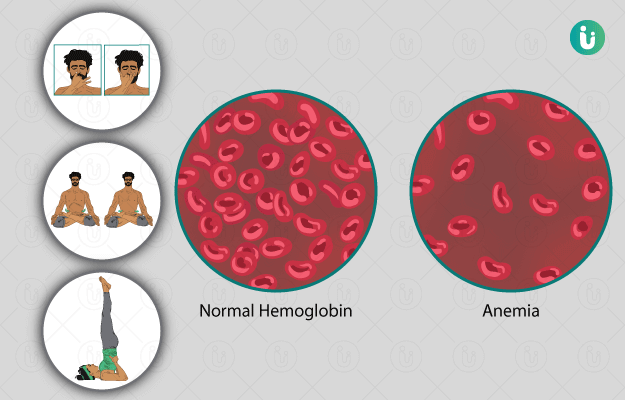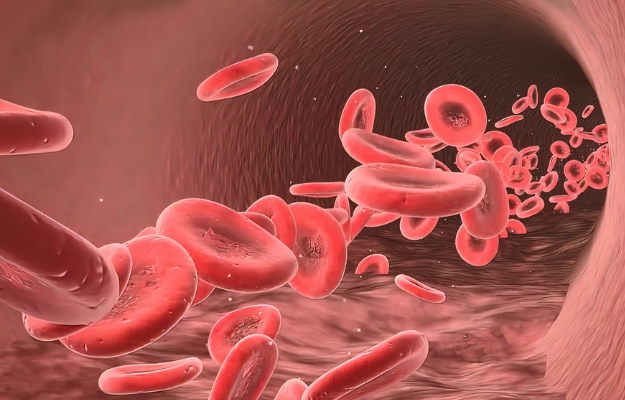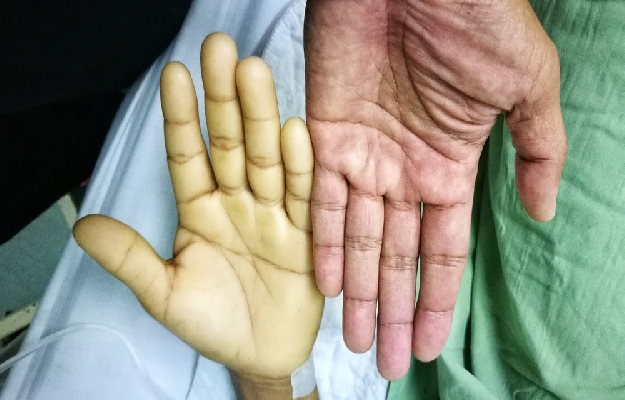Summary
Anaemia is a condition marked by a decrease in red blood cell (RBC) count or the haemoglobin concentration. There are different types of anaemia such as iron deficiency anaemia, megaloblastic anaemia, aplastic anaemia and many more. Causes of the condition can be diverse such as heavy blood loss due to parasitic infection, heavy menstrual flow, pregnancy and poor nutrition. Anaemia can lead to symptoms like fatigue, weakness, pale skin and difficulty in breathing. It can be investigated through diagnostic tests such as complete blood count including haemoglobin and red blood cells count, stool examination to rule out parasitic infection, and bone marrow examination in case of aplastic anaemia. Treatment of anaemia depends upon its underlying cause and may include proper nourishment and iron supplements in case of nutritional-deficiency anaemias. Severe anaemia is treated by whole blood transfusion. In the case of aplastic anaemia, or persistent anaemia, a bone marrow transplant is usually the last resort. The outcome of anaemia depends upon the underlying condition and since most of the causes are treatable, the outcome is also good. If the condition remains undetected, anaemia can lead to complications like premature delivery, anaemia in the newborn baby, low birth weight, convulsions and organ damage among others.

 Doctors for Anemia
Doctors for Anemia  OTC Medicines for Anemia
OTC Medicines for Anemia
 Anemia articles
Anemia articles

 Ayurvedic Treatment of Anemia
Ayurvedic Treatment of Anemia
 Diet for Anemia
Diet for Anemia
 Home Remedies for Anemia
Home Remedies for Anemia
 Homeopathic Treatment of Anemia
Homeopathic Treatment of Anemia
 Yoga for Anemia
Yoga for Anemia





 Editorial Team
Editorial Team
















